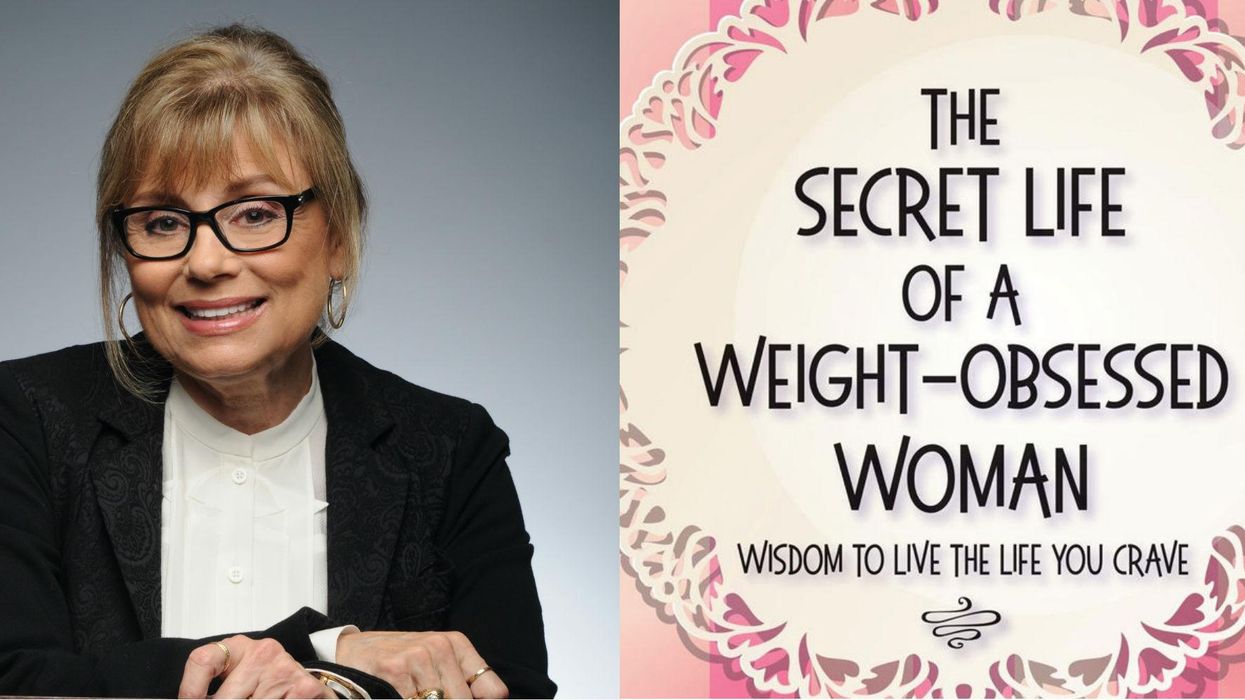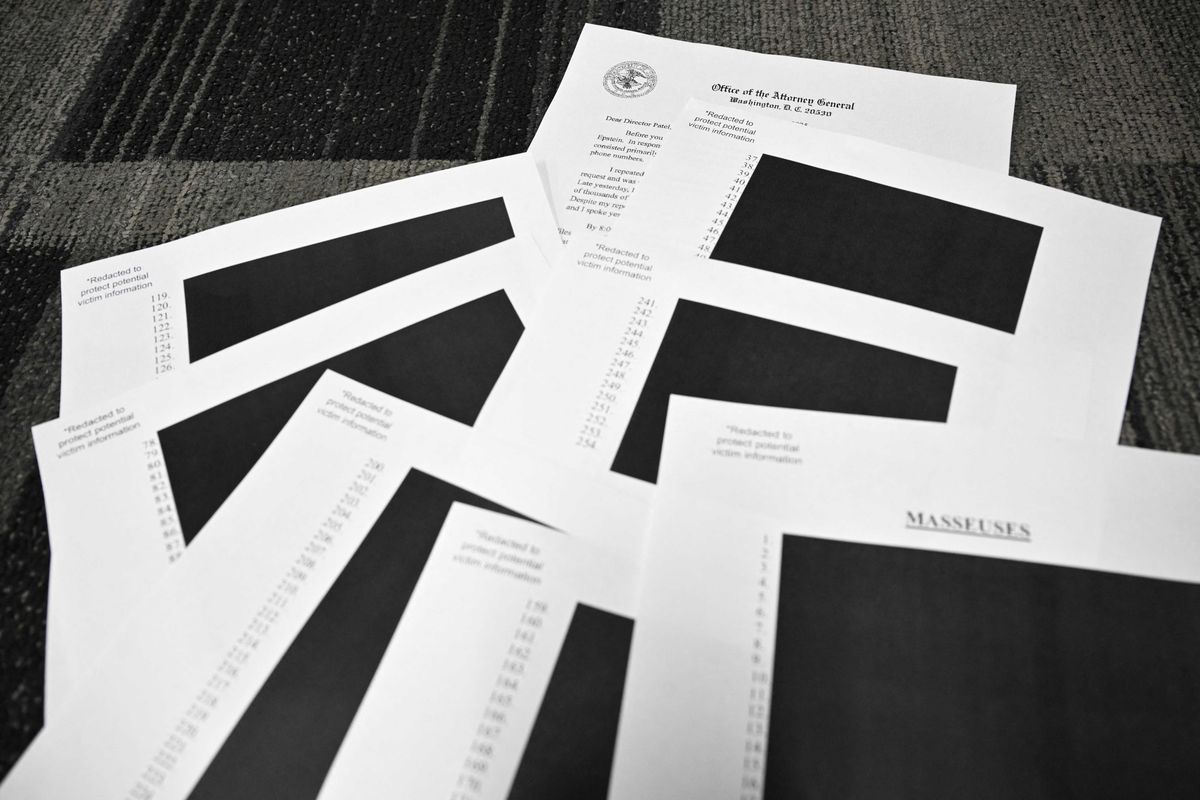Celebrities
Lowenna Waters
May 17, 2018

Picture:
Iris Ruth Pastor
For 46 years, Iris Pastor had a secret lover. He was abusive, he was destructive, and he was cruel, but he also supported her through her troubles, and offered her solace when day-to-day life got too much.
No, this lover wasn't someone she was seeing behind her husband's back, it was in fact the eating disorder bulimia, which is characterised by bingeing on food, then purging it.
In a new book, The Secret Life of a Weight Obsessed Woman: Wisdom To Live The Life You Crave, Pastor, a successful journalist and author, outlines her struggles to overcome her seductive eating disorder, and offers hope to other suffers that you can beat it, no matter what stage of life you're at.
According to the eating disorder charity Beat, in the UK, approximately 1.5 million people are living with an eating disorder, and roughly 6.4 per cent of adults. Of those, about 40 per cent suffer from bulimia. Bulimia is categorised as a serious mental health disorder, which sees the sufferer binge on excessive amounts of food, then purge by either self induced vomiting, fasting, excessive exercise, laxative or diuretic abuse.
For Iris, it all began when she was a 19-year-old college student. On the outside, she appeared to be an overachiever, with everything going for her. She was an overachiever, and instead of viewing her bingeing and purging as self destructive, she thought she was clever because she'd found a way to literally have her cake and eat it. Writing in her book, she explains:
By my sophomore year, with ED by my side, I had a shortcut to self-sufficiency, control, confidence and consistent, enduring attractiveness
It accompanied her through her first marriage, it was there while she brought up her five sons, and it was also always present throughout her successful career writing an advice column in a newspaper.
Throughout the book, she refers to her bulimia as a man, as a lover. One chapter is titled 'My Beau, ED'. The use of the metaphor seems to highlight the seductive, yet destructive nature of bulimia.
An eating disorder is like an unruly, disparaging lover that wreaks havoc, interlaced with moments of sheer, self-destructive ecstasy. My life, routine, and stress levels were all wrapped around my need for him. He was what kept me coping, but also he was what kept me in a state of perpetual angst and misery.
For her, bulimia acted as a crutch, and in her twisted logic, she viewed it as something that helped her cope.
I was unable to shake it because ED served a great purpose: he kept me coping. With ED by my side, I believed I could be the best version of me - as a writer, wife, mother, daughter and friend.
Things finally began to change when she had grandchildren. She realised that if she wasn't careful, she's leave a tragic legacy with them, and she wouldn't be remembered for all the positive things she'd achieved.
I had been writing, blogging and motivationally speaking for over thirty years. I had quite a legacy of work I was proud to leave my grandchildren.
The alternative was unthinkable:
I realised that if I died in a pool of my own vomit while purging, that would be my overriding legacy. And that, for me, was intolerable.
She realised that the only way she'd be able to truly overcome the disorder would be to get professional help. She is keen to stress that anyone suffering with bulimia isn't going to be able to beat it alone.
Hope is not a plan, but hope fuels a plan. So first you need hope. You can’t do it alone. So next seek professional help. If the fit is not right, keep searching until you find a professional or an eating disorder treatment centre that intuitively feels like a good fit. When you do, allow yourself to be vulnerable, nurtured, challenged and victorious
The road to recovery isn't always on the straight and narrow, and Iris is keen that people appreciate that there will be up moments, and there will be down moments when you feel like you're regressing, or all your hard work is being lost. But, she insists, it's important not to feel beaten and not to give in.
It’s important to realise that the road to recovery is made up of incremental progress. Small sustainable mouse steps are preferable to kangaroo leaps. Patience and self-compassion are key, but also staying resolute: meaning a dedication to getting healthy and remaining open to new ways of looking at food as fuel for the body not as something to be feared and dangerous.
Since her recovery, Iris has been passionate about helping other people who may have gone through similar experiences, and about improving their chances of recovery. She has a powerful message for everyone that's trying to overcome an eating disorder, or for those that want to help a friend or relative that may be suffering.
Society telegraphs the message that there is a moral superiority in 'perfection' and 'having it all' - all at the same time.We must break this mindset. It’s okay to be adequately wonderful. When women feel they are valued not because they are perfect, but in spite of their imperfections, they will gain the courage to step forward and confront their demons and their roadblocks that prevent them from using their talents and resources to be the best version of themselves.
She wants her book to help others, and importantly she wants to send a message that you can recover from bulimia at any age, no matter whether you're a grandmother or a school student.
My main message is that recovery is possible at any age and at any stage.
More: Diabulimia: the biggest eating disorder that no one has heard of
More: Everyone should read this important body positive message from Demi Lovato
Top 100
The Conversation (0)













